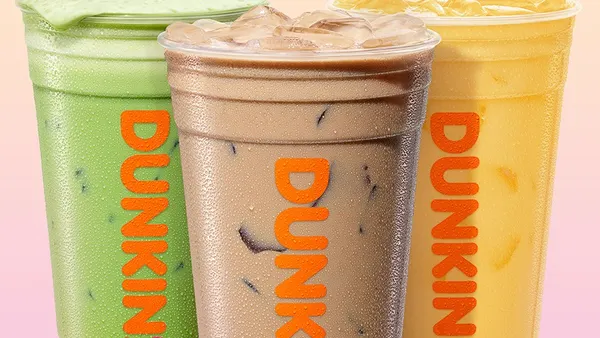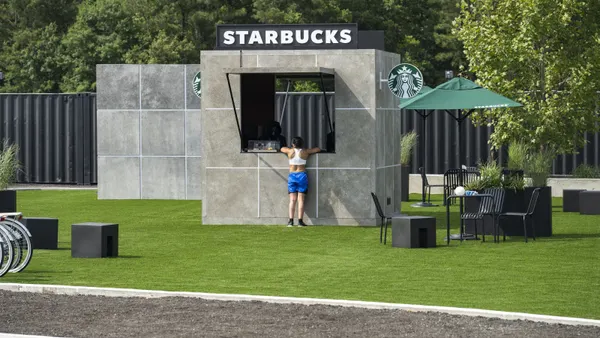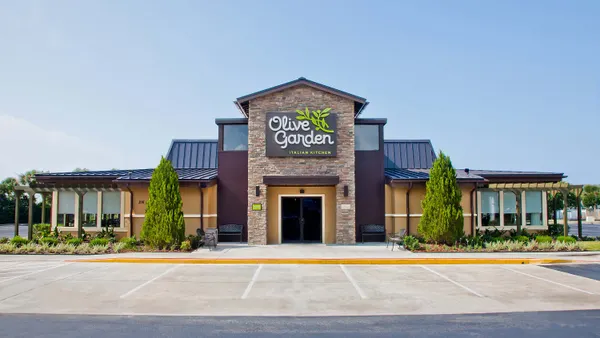Dive Brief:
- According to a new Harris Poll survey, 71% of Americans would be less likely to join a rewards program that collects personal information, such as address, account information and more, with 27% saying they would be much less likely to join, according to a press release.
- Additionally, 76% revealed they would be more likely to join a program that required just their name and phone number. The survey also found 58% of Americans are less likely to join a customer loyalty program that requires an app download to access benefits, with 26% saying they would be much less likely to join. Consumers also showed fatigue with carrying cards, with 79% responding they would be more likely to join a program that does not require one.
- The online survey polled 2003 Americans age 18 and older, and was conducted on behalf of Wilbur, a loyalty program operator based in Boulder, Colorado.
Dive Insight:
The research suggests that, while loyalty programs are rampant, there is an undercurrent of resistance among consumers when it comes to sharing too much information with companies.
This poses a challenge for restaurants, since diners crave personalized experiences — a feat that requires customer data. But the Harris Poll survey raises the possibility that a preference for privacy could outweigh hunger for personalization following a number of data privacy scandals in recent months, including Dunkin' Donuts, which had its customer accounts breached on its DD Perks mobile rewards platform in November. Panera and Chili's also suffered security breaches in 2018, with Sonic reporting a POS system breach the year prior. A data breach at Earl Enterprises, parent company of Buca Di Beppo and Planet Hollywood, led to the exposure of over 2 million credit cards over the course of 10 months.
These incidents can cost restaurants dearly. Studies show that every piece of data breached can cost an average of almost $150, meaning a breach of 1 million records can translate to a loss of $40 million.
Still, restaurants continue to launch new and improved rewards programs, with Dunkin' most recently rolling out a multi-tender loyalty payment option that allows customers to earn points no matter how they pay. Starbucks also unveiled a revamped loyalty platform earlier this week, which allows users to gain points faster and use them to buy a wide range of items through a tiered points system, according to USA Today.
The data gleaned from these programs can help drive repeat traffic and encourage specific consumer behaviors, a valuable asset in a fiercely competitive segment. But restaurants will need to make sure that they are giving diners attractive benefits if they are to overcome customer hesitation over data sharing. The Harris Poll results serve as a strong reminder that the privacy issue for consumers has not gone away.












